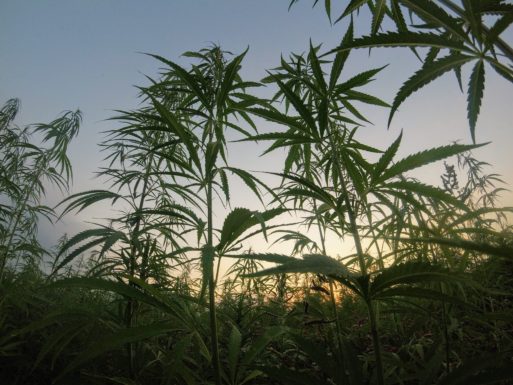
Cannabidiol, or CBD, is a non-psychoactive chemical found in some cannabis and hemp that’s become popular for treating a variety of ailments. CBD produces none of the “high” associated with marijuana use. As its popularity has recently skyrocketed, it has become easily available in lots of places where marijuana is still very much illegal, and many who use it will tell stories of significant relief from pain and other issues without the use of expensive and potentially dangerous prescription drugs.
While there’s no doubt that CBD has improved quality of life for many, the chemical itself still exists in a kind of regulatory limbo. Because it’s not approved by the FDA as a food additive and because most products containing cannabidiol are not currently regulated or tested, the booming CBD market has become a kind of “wild west,” complete with bad actors and good, as well as bad products and good ones. Because of this, regulators in many places have begun cracking down on the CBD market, especially in instances where it’s sold in edible forms.
What We Know About CBD
Though the science on cannabidiol is still in the early stages, research has yielded results that confirm and suggest multiple medical uses for CBD. Cannabidiol has been shown to reduce pain and inflammation in rats, reduce muscle spasms in patients with multiple sclerosis, and even effectively treat children with post-traumatic stress disorder. CBD has also shown promise as a breast cancer treatment, and study data strongly suggest it greatly reduces epileptic seizures. Research is ongoing, and we should know a lot more about CBD in the coming years.

What We Don’t Know About CBD
Nonetheless, we still have a lot to learn about CBD. It isn’t FDA approved, and it’s unregulated in much the same way dietary supplements are unregulated. There are also no common standards for quality and purity. These problems can be compounded by misinformation in the marketplace and among the public. This gives cannabidiol a “snake oil” feel for many who just want more information and regulation concerning what goes into their bodies. As a result, the FDA and other government regulators are reining in the market.
Cracking Down
Just last December, the FDA wheeled out their Agriculture Improvement Act, the agency’s beginning framework for regulating cannabis compounds and the products that contain them. They also published an updated information page to help users navigate the changing legal landscape. Not long after, officials in New York, Maine, and Ohio began their own market crackdowns to get a handle on CBD.
The word from officials is very straightforward: FDA commissioner Scott Gottlieb, M.D., said in a statement, “We’re aware of the growing public interest in cannabis and cannabis-derived products, including cannabidiol (CBD). This increasing public interest in these products makes it even more important with the passage of this law for the FDA to clarify its regulatory authority over these products.” According to Gottlieb, the move is aimed at protecting the public from bad actors and bad products, not an attempt to take CBD away altogether.

 Popularity of CBD Has Regulators Taking Action
Popularity of CBD Has Regulators Taking Action


 Funeral Favors Offer Visitors a Tangible Memento
Funeral Favors Offer Visitors a Tangible Memento
 “Comeback” by Prince
“Comeback” by Prince
 “Other Side” Documents Woman’s Fight To Die As She Wishes
“Other Side” Documents Woman’s Fight To Die As She Wishes














